Cusco, once of the capital of the Incan empire, is a busy little city with a population of around 400,000. In the historical centre where we are staying you could be forgiven for thinking the economy is in pretty good shape. There are signs of affluence in many of the restaurants, shops and buildings – and the place is full of tourists. But in reality there is much poverty.
She started in 1996 by renting a small room and offered two of the children, who roamed the Plaza de Armas, the opportunity to come and live with her. The condition was they stuck to the rules, which included daily chores. Two boys quickly became 12 in a five-bedroom house with one toilet and shower for everyone plus limited running water.
Funding initially came from family and friends in the Netherlands but it was never going to be enough. And so with little knowledge of the hospitality industry, Jolanda and her partner hit on the idea of starting a hotel – the objective being to become financially independent and for the boys to learn a trade. Out of the blue one large Dutch sponsor provided the funding and the Niños Hotel Meloc became a reality in 1998. That is where we are now staying and it is just the cosiest little hotel I think I have ever stayed in. There are no room numbers; instead all the rooms are named after the boys.
Jolanda van den Berg is just a gorgeous bundle of vibrant energy. She has the most sparkling eyes and if she has any regrets about her life over the last 21 years they are very well hidden. I think I’m a little bit in love (purely platonically of course!).
Her philosophy is that “there are no victims here”. She treats her relationship with the kids as a partnership – she gets just as much out of it as they do. The way you give is important . . . “giving has to be useful in the eyes of those who are receiving”, rather than satisfying ones well-meaning ego. That in turn has led her to continue to expand the hotel business (there are now three) and thereby rely less on sponsors, so many of whom want to be recognised and associated with a particular “gift”. Jolanda says she doesn’t need more refrigerators – it’s the money that is needed, given selflessly with no attachment.
If anyone is looking for somewhere very special to stay in Cusco, come to the Niño’s Hotel Meloc and see how one woman is sharing her life with some pretty special kids. It may just change your life . . . !

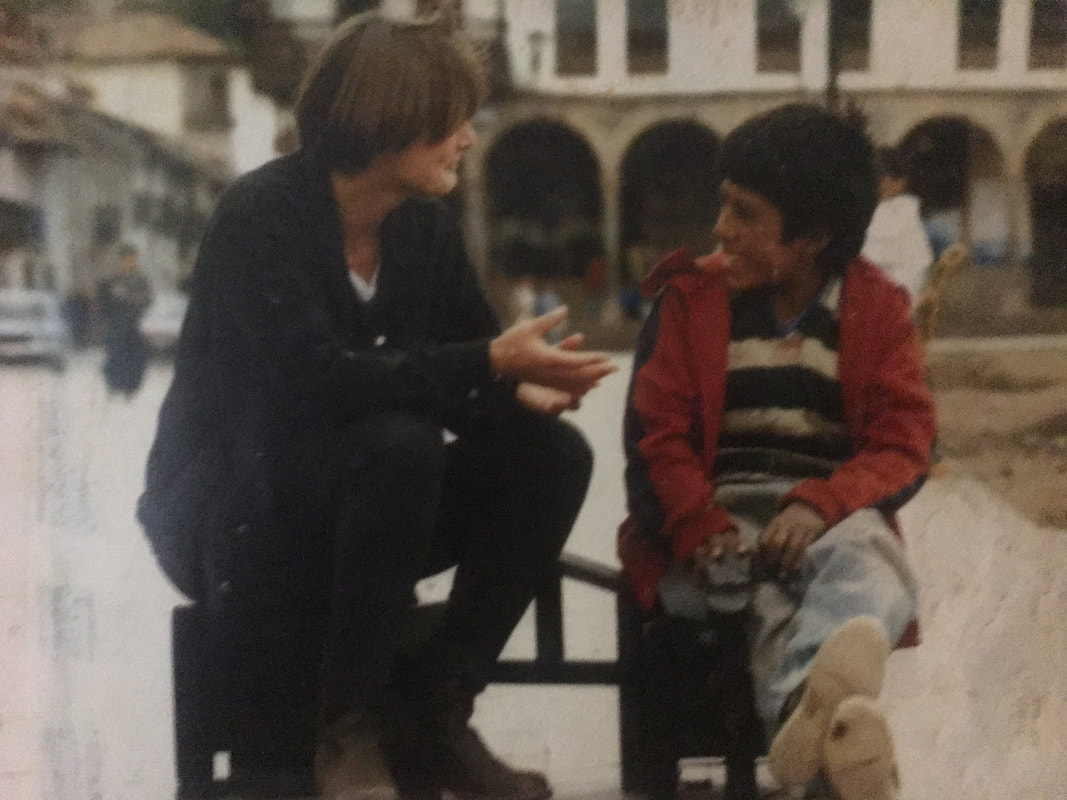


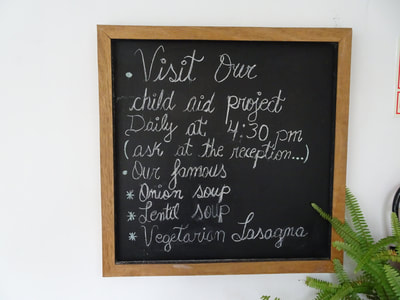
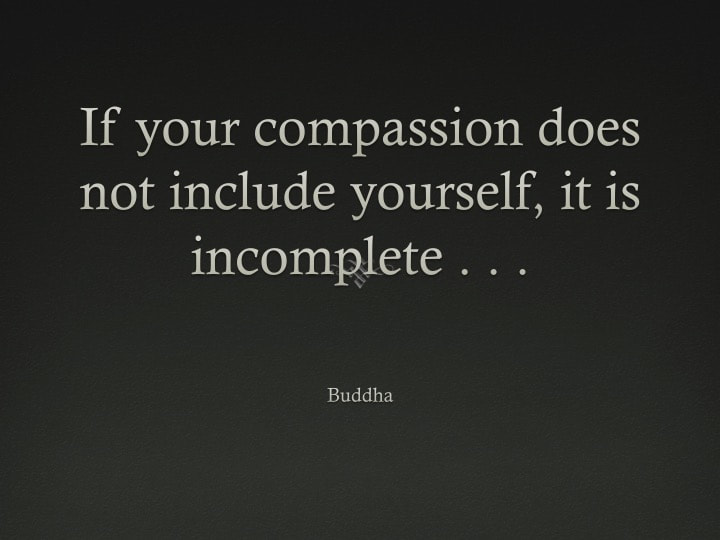
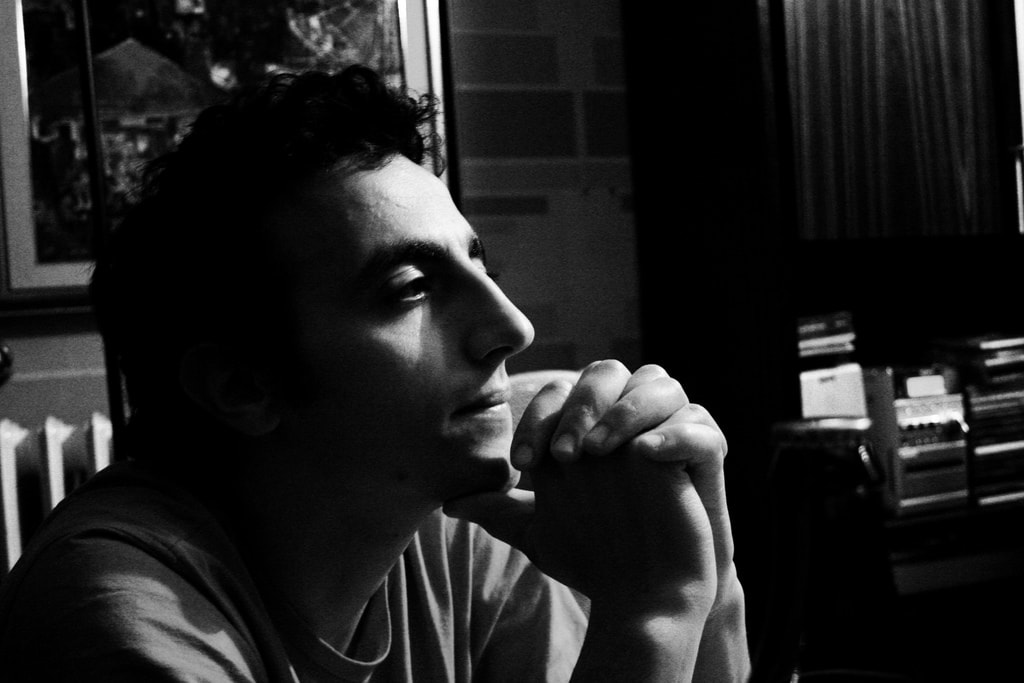


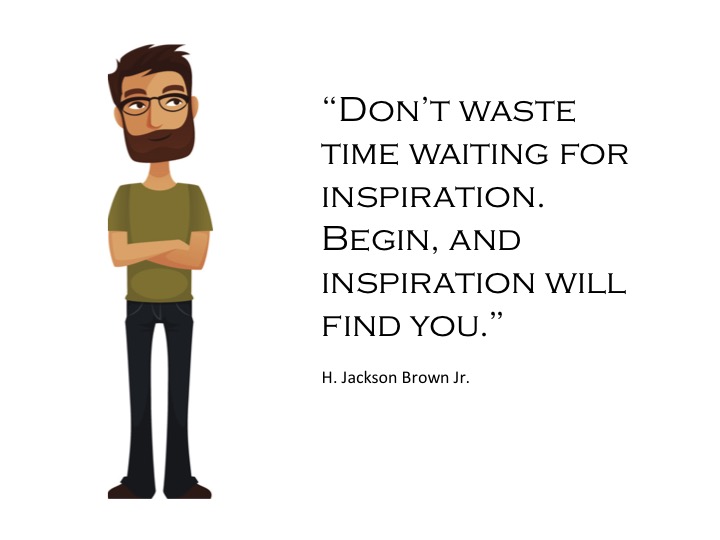
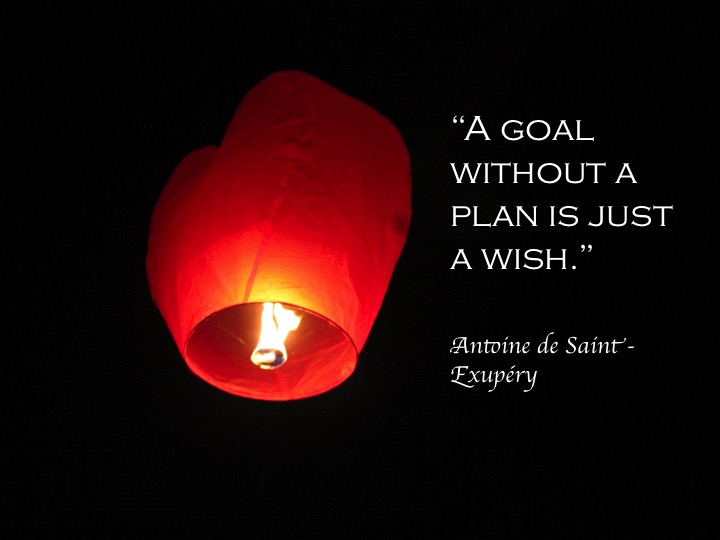



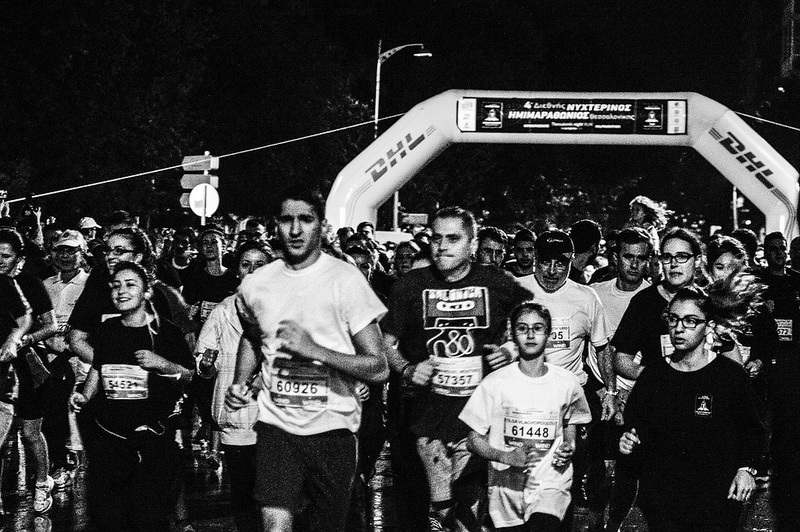
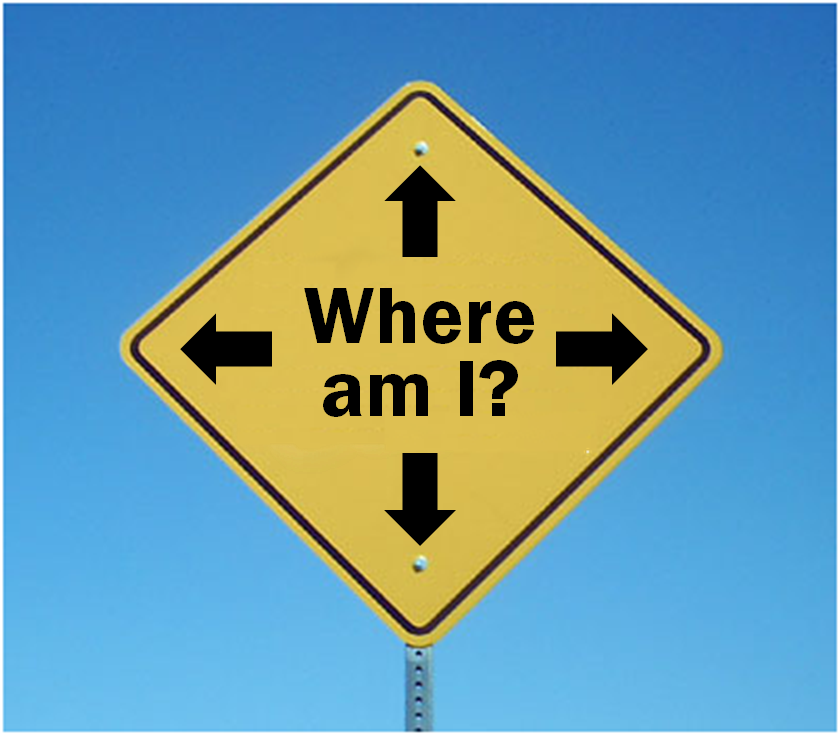
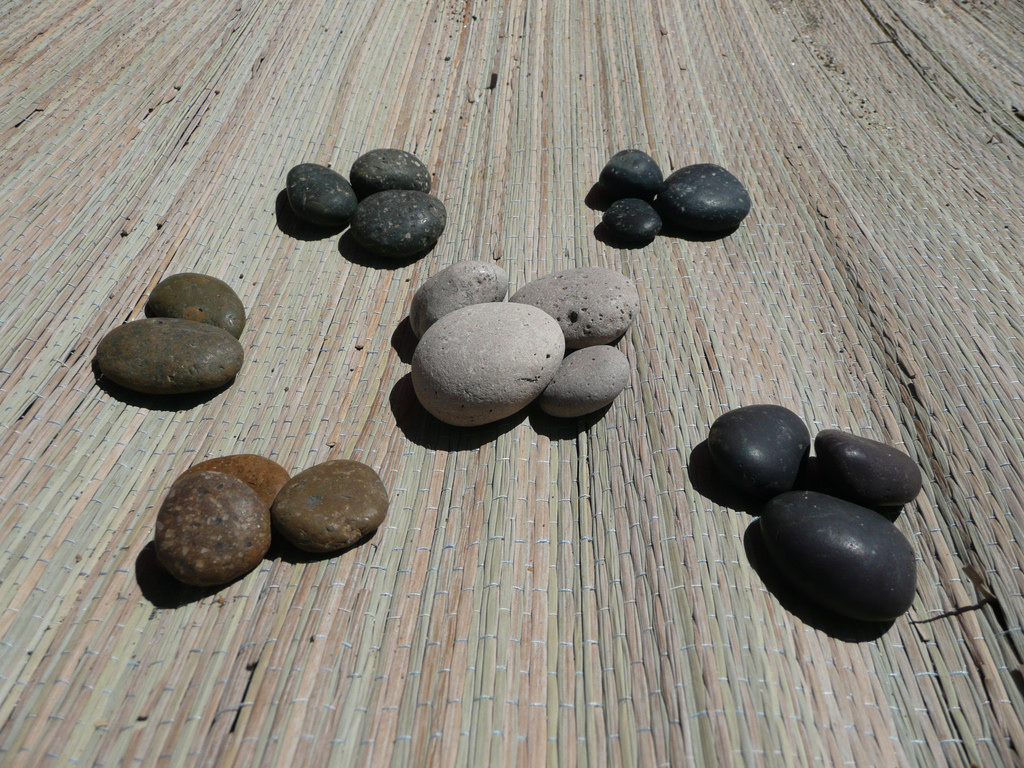
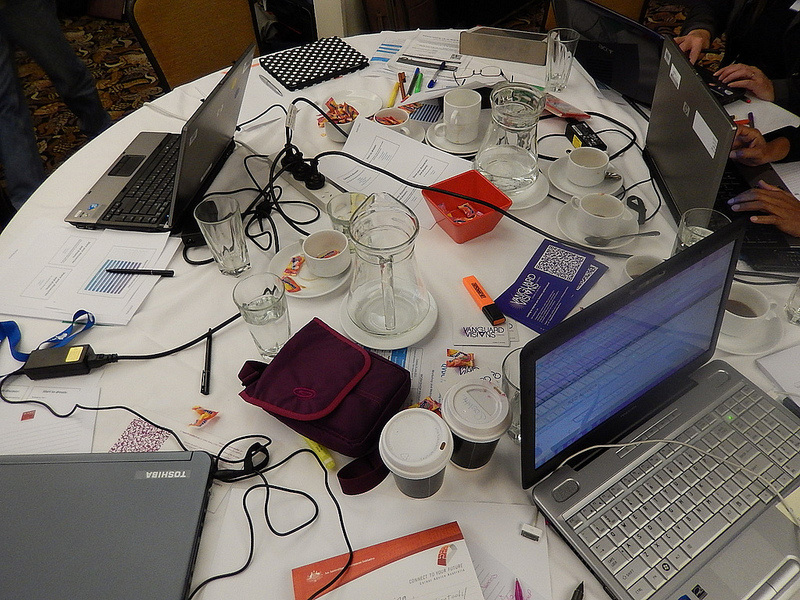
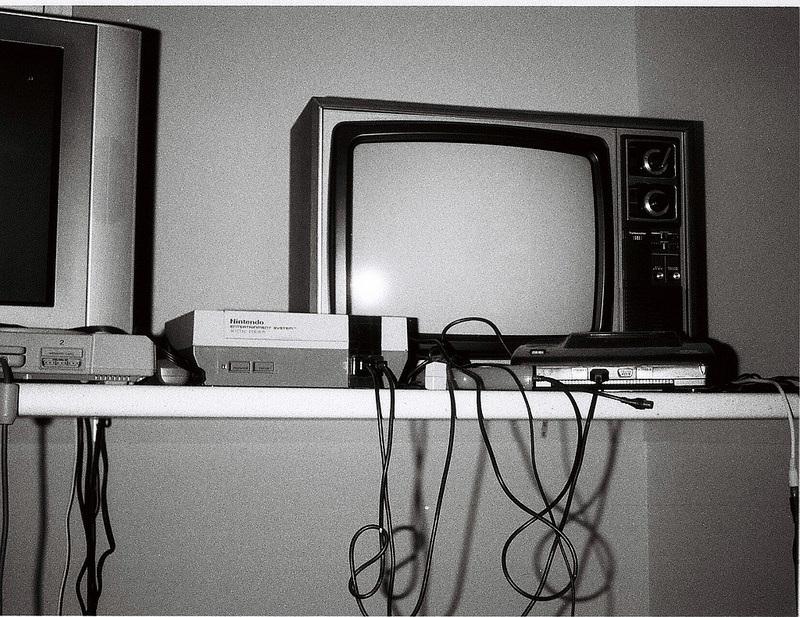
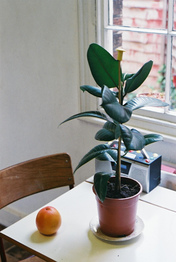
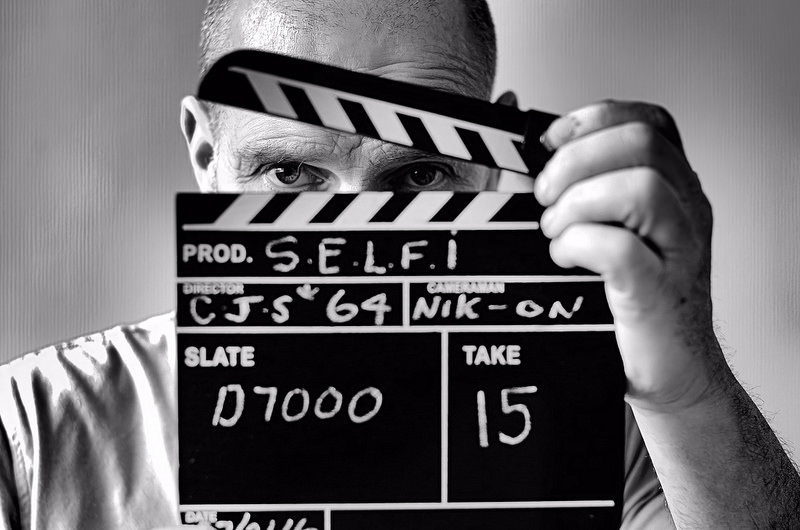
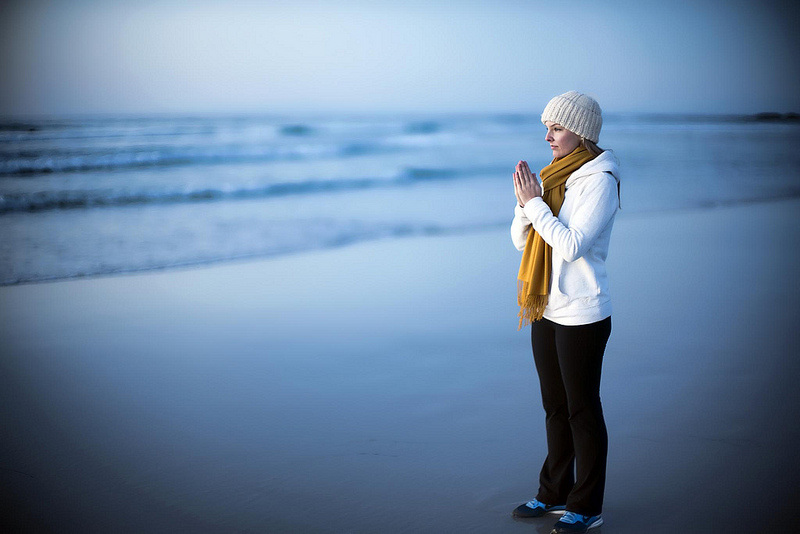
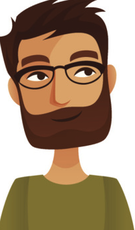


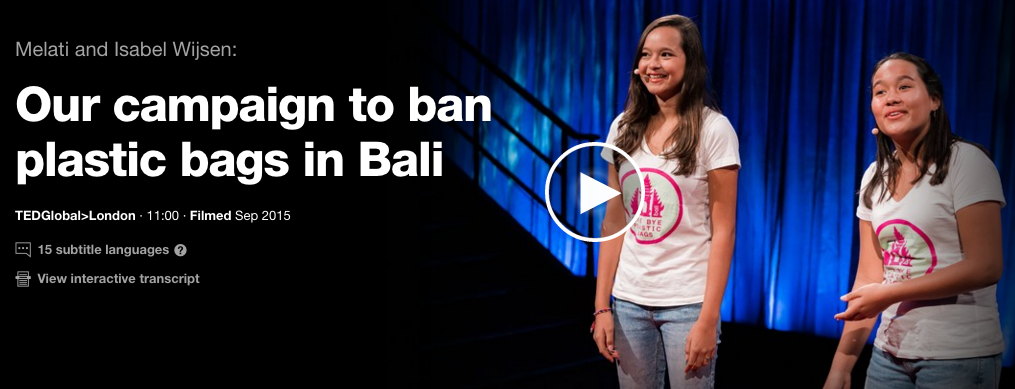
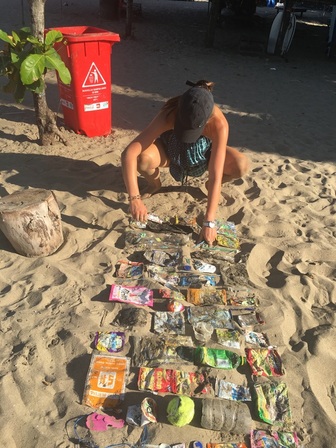

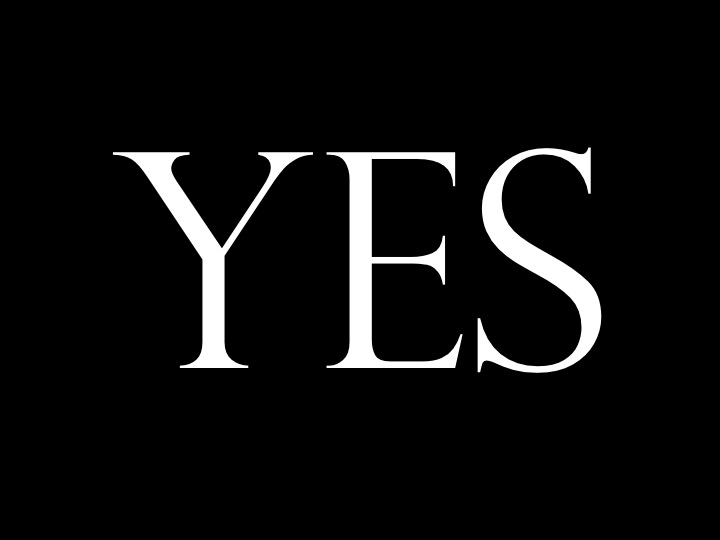

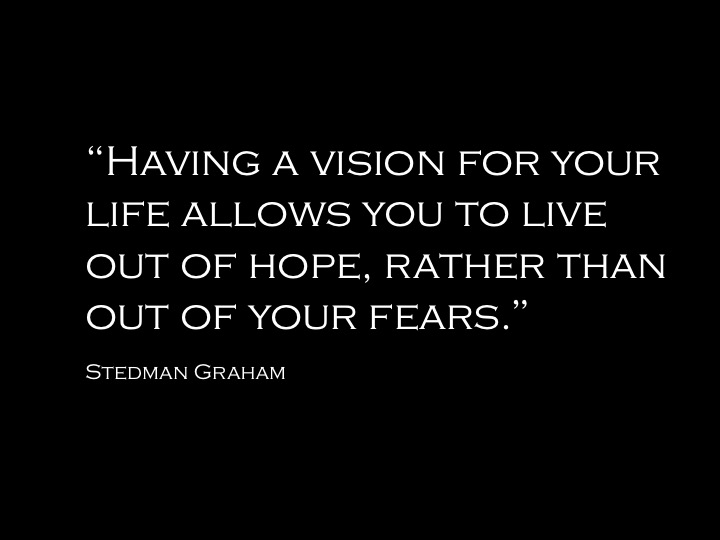
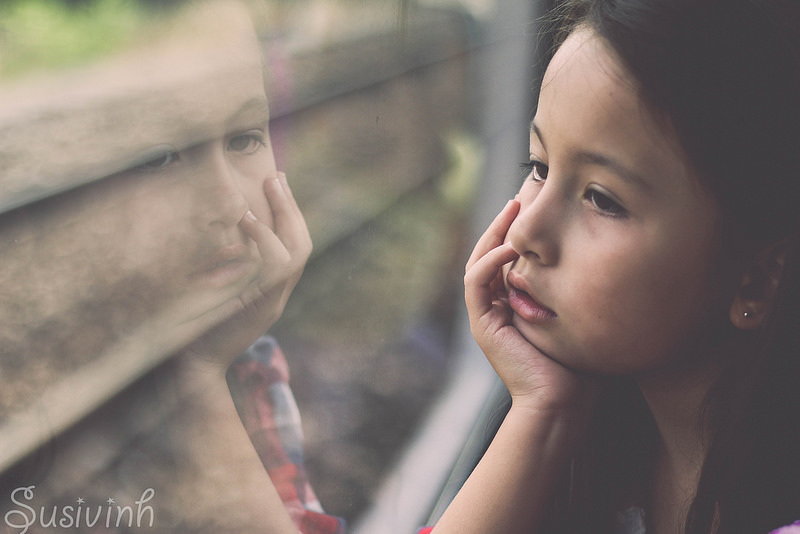

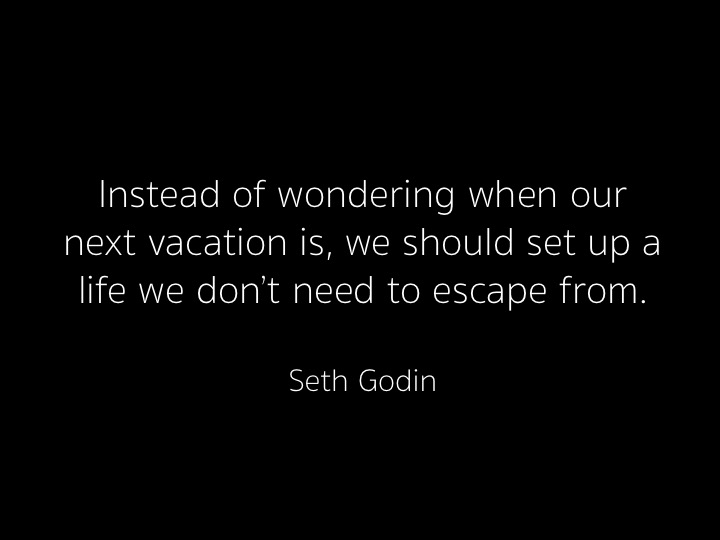
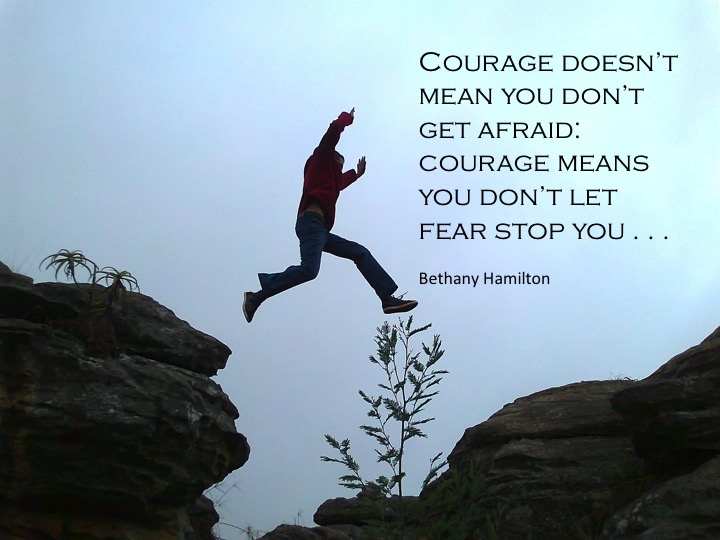

 RSS Feed
RSS Feed